Back
Anonymous
Hey I am on Medial • 1y
Why the Rich Don’t Focus on Caste, Religion, ethnicities, class etc. Read carefully think and reflect The way people view caste class, religion often depends on their economic situation. The rich usually don’t care much about caste or religion, while the poor and middle class often hold on to these identities. This difference comes down to what each group needs and values in life. 1. Access to Opportunities: The wealthy can afford the best education, healthcare, and resources without relying on their community or religion for support. They have the freedom to move beyond these boundaries. 2. Global Perspective: The rich often operate in a global world where success is about competence and connections, not caste or religion. 3. Focus on Results: For the rich, what matters is finding the best talent, ideas, or partnerships, regardless of someone’s background. Success comes from merit, not tradition. 4. Independence from Tradition: Wealth provides the ability to step away from societal pressures. The rich don’t need their community to survive, so they’re free to make choices that suit them best. Why the Poor and Middle Class Care About Caste and Religion 1. Community Support: For the poor, survival often depends on their community. Caste or religious ties create networks of trust and help in tough times. 2. Sense of Belonging: The middle class often finds identity and comfort in their caste or religion, which connects them to their roots and gives them a sense of purpose. 3. Limited Opportunities: With fewer resources, people rely on their caste or religious networks for jobs, marriages, and social support. 4. Fear of Judgment: The poor and middle class are more exposed to societal pressures. Following community norms protects them from being judged or excluded. The Rich Focus on What’s Best The rich, on the other hand, have the freedom to choose the best options available to them. They hire the most talented people, form connections that benefit their goals, and access global opportunities that don’t depend on caste or religion. Their decisions are based on quality and merit, not tradition. Conclusion Caste and religion play a big role in the lives of the poor and middle class because they provide support and identity. For the rich, these boundaries don’t matter as much, as their wealth allows them to focus on opportunities, merit, and growth rather than societal expectations.
Replies (4)
More like this
Recommendations from Medial
Cyber wolf ron
Hey I am on Medial • 9m
We are entering a new era of artificial intelligence, where a small group of multimillionaires—about 10% of the population—will create products and services primarily for billionaires. Meanwhile, the middle class and the poor will face increasing har
See MoreManish Soni
Can Immediately Join... • 3m
India needs Empathy!!! We all need Empathy!!! We all deserve Empathy!!! We all should Empathize!!! No Class, Rich, Poor, Caste, Religion, Employee, Manager, Kid, Father, Mother or any kind of hierarchy should jump above this!!! I don't know by w
See MoreAman Verma
BIT'Mesra Undergrad|... • 1y
Who are actually middle class of India ? I am really confused to get the ideal answer of it. Because in village there is only a class that is caste... Most of the rich (as per village standard having acres of land, home, Cars, and non tax incom
See MoreDownload the medial app to read full posts, comements and news.



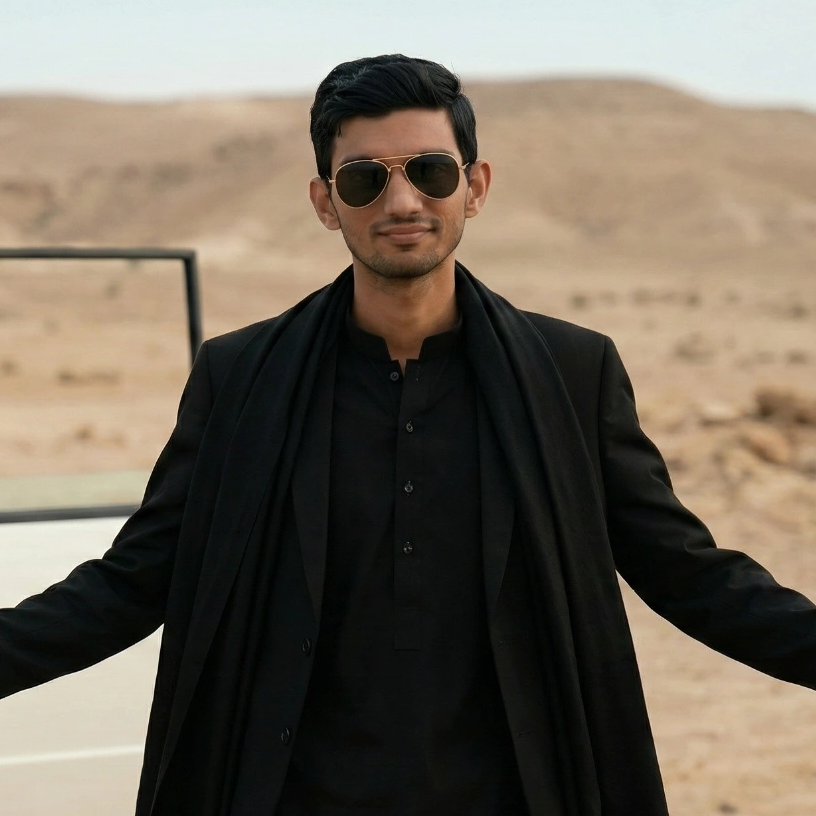
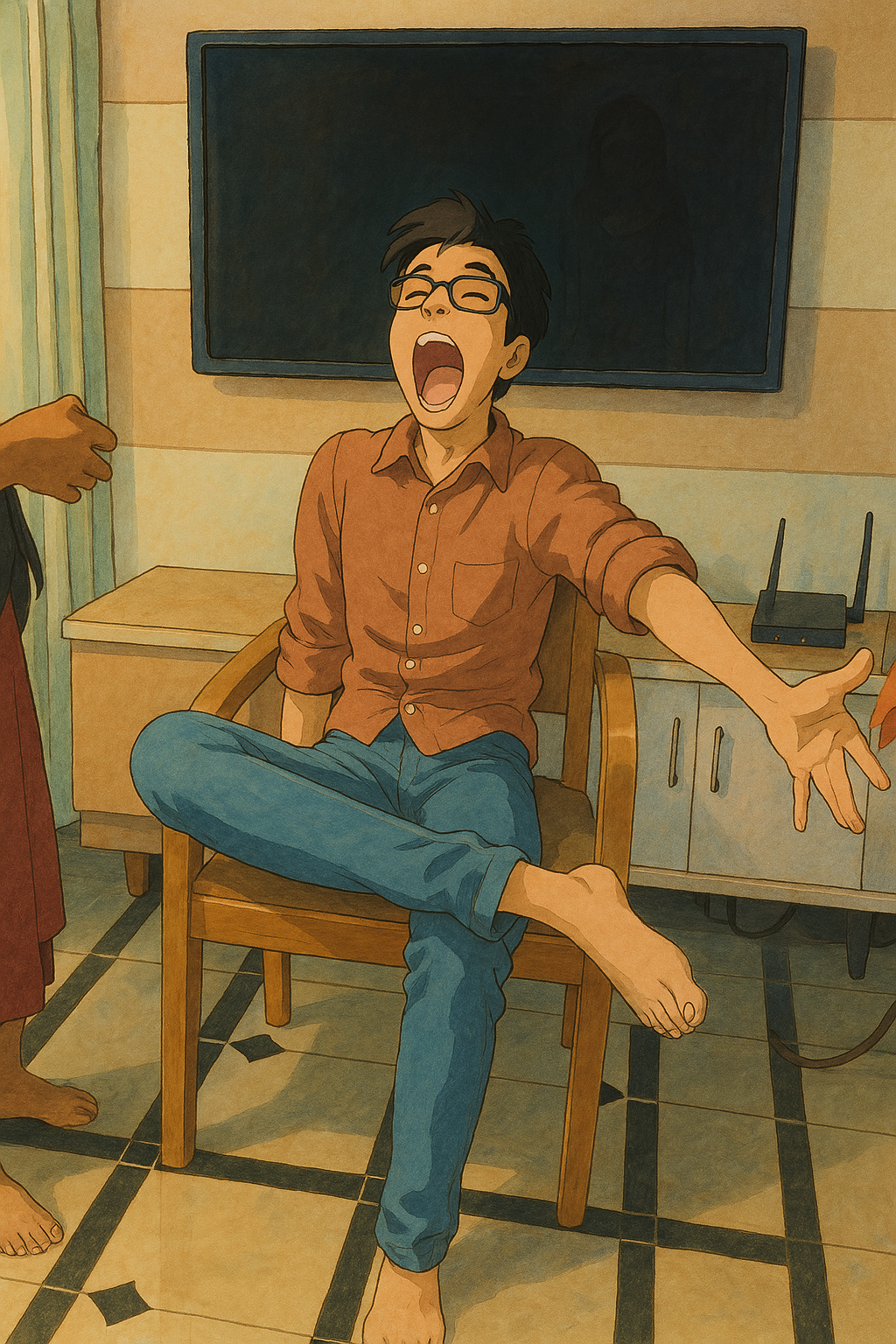

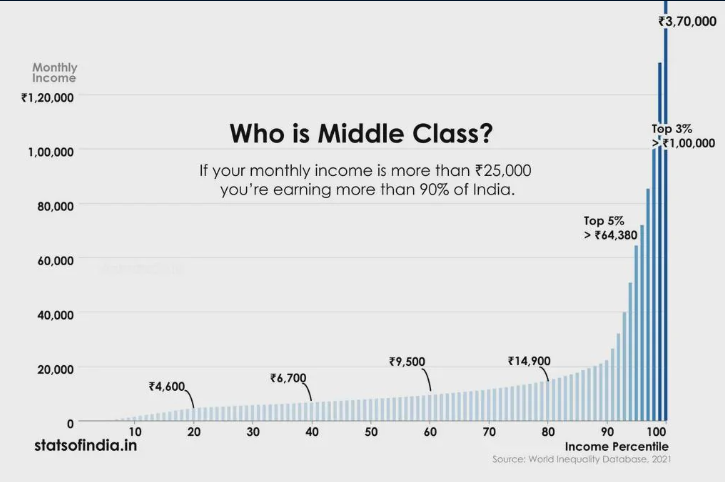

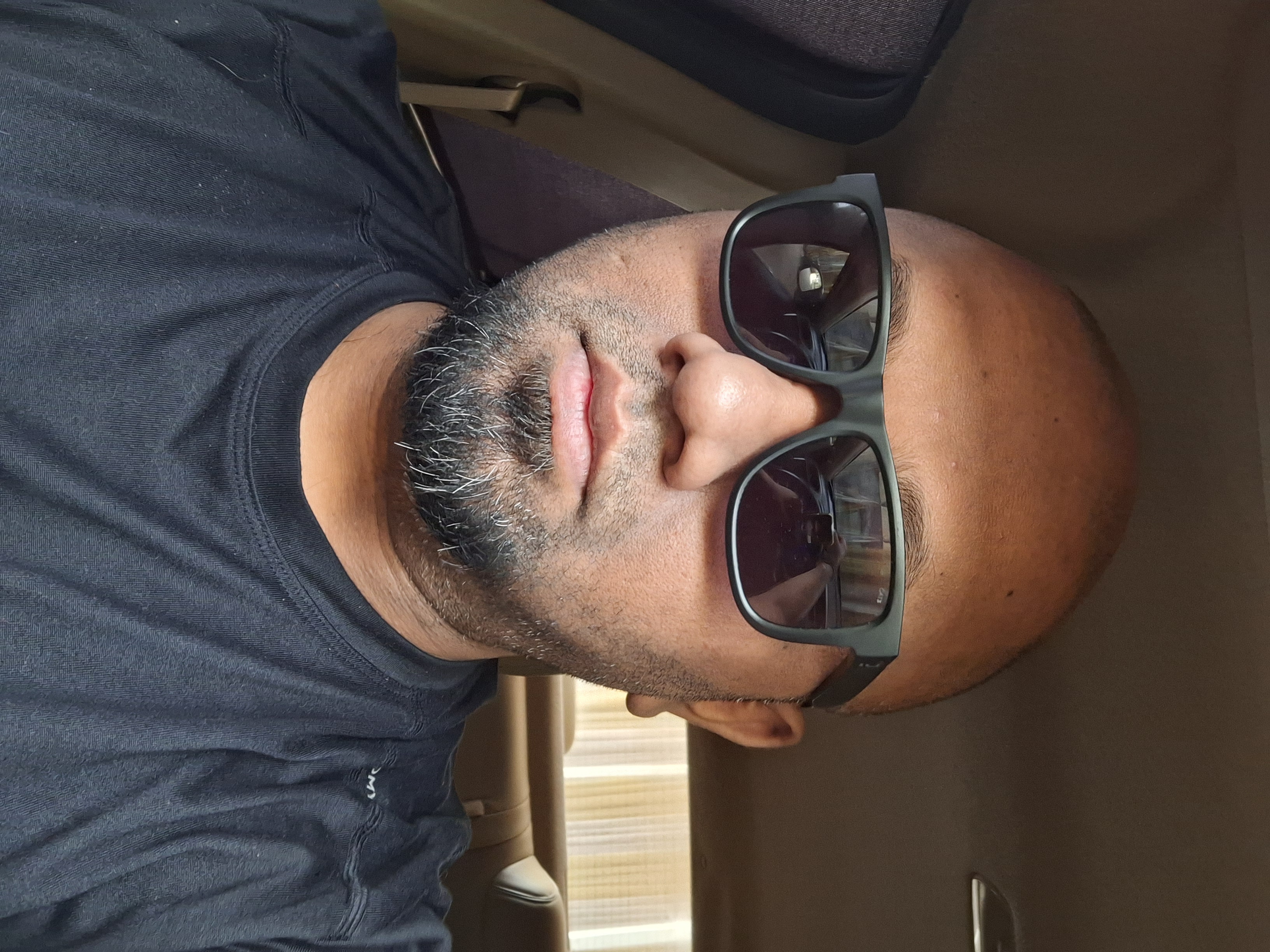

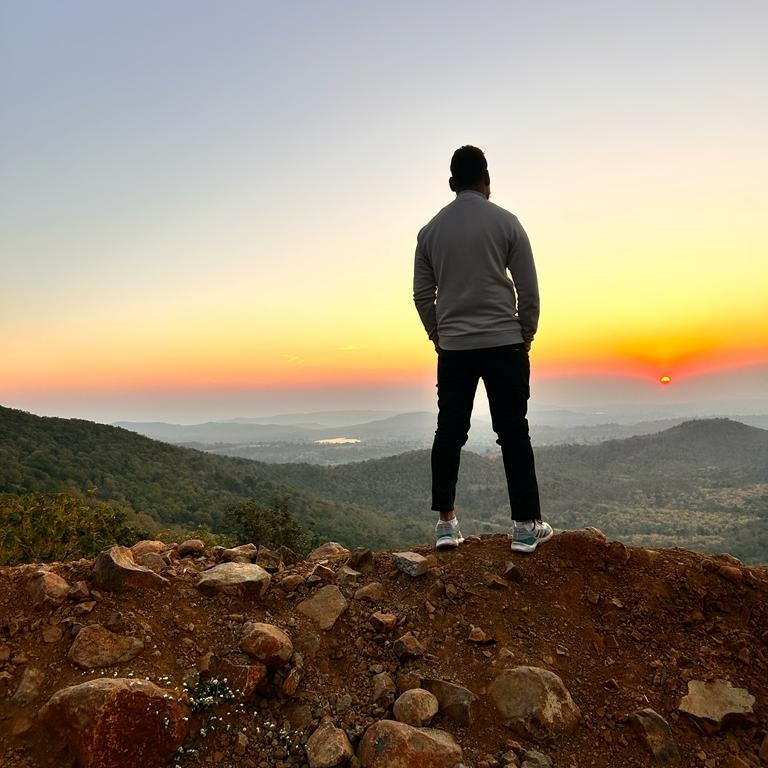



/entrackr/media/post_attachments/wp-content/uploads/2021/08/Accel-1.jpg)




















